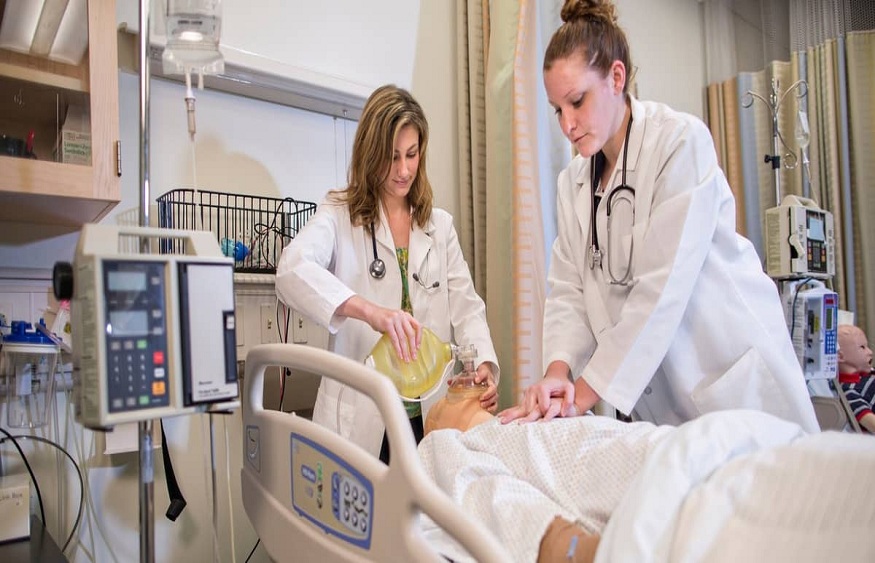For seniors, continuing spiritual practices can help them feel connected to something larger and improve their mental health. Faith-based senior living communities provide residents with the opportunity to maintain those practices.
Depending on their religious affiliation, these communities may have on-site clergy or places of worship. They may also offer religious activities or meals.
Spirituality
Pursuing spirituality involves exploring life’s meaning and purpose while striving for a deeper understanding of oneself and the world around us. For many people, spirituality is expressed in prayer and religion. Still, it can also be found in simple acts of kindness and the joy of a beautiful sunrise or hearing the sweet giggles of grandchildren.
Research shows that religiosity and spirituality increase quality of life and positively affect health. It reduces depressive symptoms, lowers blood pressure, and improves overall functioning. It also helps people cope with chronic diseases.
During the 2009 International Conference on Spirituality and Health, participants unanimously agreed that the full integration of spiritual care into healthcare systems is necessary for compassionate patient care. Participants also endorsed a set of potential standards to guide the development of human health care systems based on the concept of healing the whole person.
Community
Whether you need the entire continuum of care or need some assistance with daily tasks, assisted living may be an option. As you consider your options, look for faith-based communities that offer your services required.
These senior communities typically care for their residents’ spiritual, emotional, and physical health. They provide many of the same services as nonreligious assisted living, but they emphasize faith-based activities and spiritual wellness.
Most Westminster Communities are non-profit organizations, so you’ll likely pay less upfront than in a standard community. They also often work with local churches to offer financial aid for low-income seniors. Additionally, they usually have geriatricians on-site who can better manage a resident’s care. Unlike in a private practice, these healthcare professionals have the time to sit down and talk with their patients. This creates a more personal relationship and helps ensure high-quality care. Moreover, it makes sure problems are detected and addressed early on.
Health
Many seniors choose to move into religious assisted living communities to continue practicing their spiritual beliefs and avoid feelings of isolation and loneliness. Although most senior communities have a variety of services to help with physical and emotional health, faith-based ones also provide chaplains who can offer guidance daily.
In addition to focusing on spiritual wellness, religious communities often focus on other aspects of health, such as providing quality food, having a nurse practitioner on staff, and offering physical therapy programs. Studies have shown that these additional amenities can contribute to higher patient satisfaction.
While the Exceptional Patient Experience initiative began as a focused patient satisfaction project, it has grown to become the cornerstone of cultural transformation at the University of Utah Health Care system. They now track a suite of metrics that address root causes of poor performance, including patient satisfaction and quality of care. Those metrics are shared and used for improvement across clinical units and service lines, which has led to exceptional patient outcomes.
Well-Being
Faith and spirituality can help seniors feel strong during a significant change in life, like moving to assisted living. They can be a constant reminder of the importance of caring for others, putting family first, and embracing an inner sense of peace during challenging times.
Research indicates that a higher proportion of family-based ties in a resident’s network is a strong predictor of overall well-being. However, the study found that having some ties to residents and nonfamily members outside of an assisted living community can also be beneficial.
The best way to find a faith-based senior living community is to ask your healthcare provider for recommendations. Most medical professionals are familiar with the different types of care available and can make suggestions based on your needs. You can also attend local health fairs and speak with community leaders who may have information about these options. Lastly, consider attending religious services and events at local churches or other places of worship.

